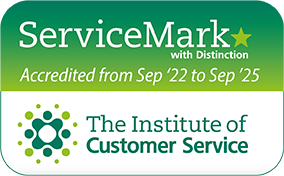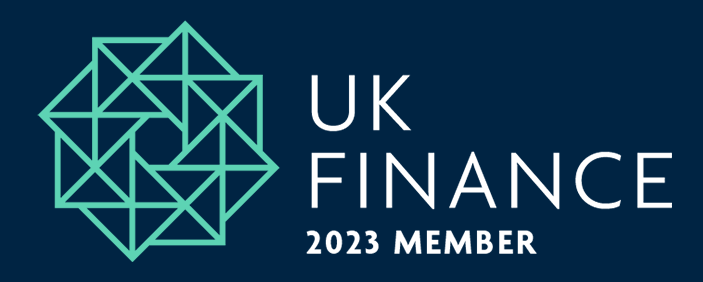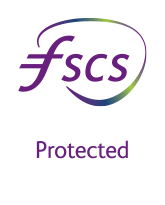Check out our back to basics, easy to understand guide to Cash ISAs.
It may seem innocent enough: your partner checks the receipt from a recent grocery shop to see how much you spent; your son insists on controlling all of your financial matters ‘so you don’t have to’.
But such habits can escalate into unhealthy, controlling behaviours in which you may slowly start to lose grip of your financial independence.
What is financial abuse?
Financial abuse, as it is called, can spread across a variety of different relationships, including your life partner, family members, and third-party help such as carers. The manipulation of money is one of the most damaging forms of control; depriving someone of their material means needed for independence, resistance and escape.
However, there’s no need to struggle alone.
Below, we have outlined what financial abuse may look like and steps you can take to help protect yourself or a loved one you believe to be vulnerable.
What are the signs of financial abuse?
Financial abuse can take many different forms and often it can be difficult to tell if you are being manipulated. For example:
- Controlling your bank account and other financial assets
- Withholding online banking log-in details, PIN numbers or bank cards for your joint-account so you cannot access it
- Accounting for every penny you spend and regularly monitoring your spending
- Insisting on you asking permission before making any purchase, no matter how small
- Applying for credit cards and loans in your name without your permission and therefore, running up debts
- Ensuring all bills and loans are in your name
- Making significant financial decisions without you
- Spending the household budget on other things without your knowledge
- Preventing you from accessing education or work
Anyone can be a victim of financial abuse, no matter your age or gender; however, particular groups may be more at risk than others, such as the elderly. This isn’t always the case.
Remember: if you are in immediate danger, call the police.
How can you help a loved-one at risk?
The first thing to do is start a conversation. Money is seen as a private matter, somewhat of a taboo subject, and many people do not feel comfortable talking about it. However, a conversation between friends could be the opportunity needed to help an individual open up about their situation. It is from here you can start to put a plan in place, for example, ensure their bank or building society is updated.
Try and also take notice of any red flags or gut feeling something isn’t quite right. Warning signs could include a loved-one referring to a budget their partner has put them on, someone who pays cash for everything and does not have access to a bank card, a friend who is unaware of their financial status, to name only a few scenarios.
How can your bank or building society help?
Your bank and building society are on hand to help you. The first thing to do is when you are safe to do so, contact us. We will do everything we can to support you as well as help guide you on steps you can take to start taking back control of your finances. One such example is considering setting up a fraud alert or a credit freeze if a former partner has taken out a credit card in your name.
For further information about how financial services firms can help if you or a loved ones are a victim of financial abuse, download the BSA and UK Finance’s new guide, ‘It’s your money’. The short guide outlines the various ways in which your bank or building society can help you gain back your financial independence.
Useful links:
- The National Domestic Violence Helpline
- Refuge
- Women’s Aid
- Action on Elder Abuse
- Age UK
- Citizens Advice
- UK Finance
For further advice about how to protect you and your family’s identity and money in general, visit our fraud and online security hub.






